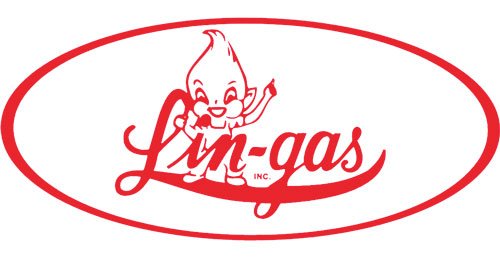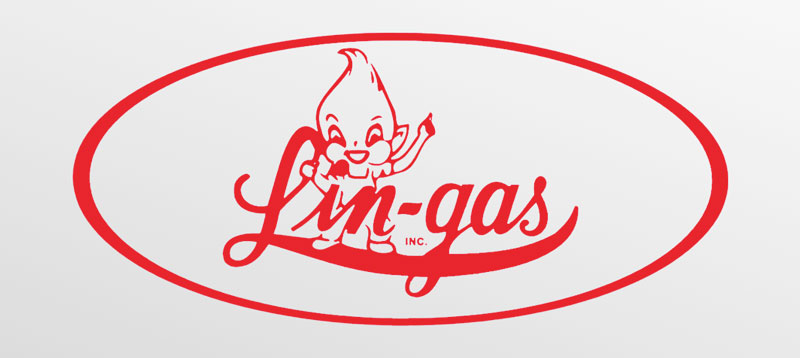5 Tips for Keeping Your Family Safe With Propane Services
For many households, propane is a vital part of their everyday lives. It’s such a versatile source of energy that more than 9 million U.S. families and roughly 64 million Americans use it daily. It powers water heaters, stoves, outdoor grills, fireplaces, generators, and a number of other appliances. Besides its versatility, propane is also sought after because of its clean, cost-effective, efficient, and reliable properties.
However, propane is still a combustible gas that can be dangerous if handled improperly. Here are a few tips to keep you and your family safe:
Install carbon monoxide detectors: Your first priority after installing a propane tank should be to install a carbon monoxide detector, preferably multiple. Carbon monoxide is a toxic and potentially lethal gas that is produced when fuels are burned incompletely. This is usually a sign that there is a leak in the propane tank, or it’s functioning improperly, in which case you should call a residential propane service.
Storage: Propane tanks should never be stored in enclosed spaces. Ideally, they should be installed outside of the house. There should also be substantial clearance around the tank to avoid damage from falling objects. Tanks should be far away from other heat sources as well to avoid combustion from a leak.
Smelling gas?: First off, make sure you and your family know what propane smells like. It is most commonly compared to unpleasant smells, such as rotten eggs or a skunk’s spray. It’s important to shut off valves in these cases to prevent any further propane from escaping. However, it is still a good idea to call professionals who have an in-depth understanding of these tanks.
Leave it to the professionals: As stated previously, your best option will always be to call a professional propane service to fix any problems or perform inspections. We know exactly what to look for and how to fix it. Not to mention the fact that we have the safety gear to keep us protected in the case of any accidents.
Considering 4.6% of homes with propane fuel use it as their main heat source, even a day without it could be devastating. Keeping these safety tips in mind could not only keep your family warm, but safe as well.






